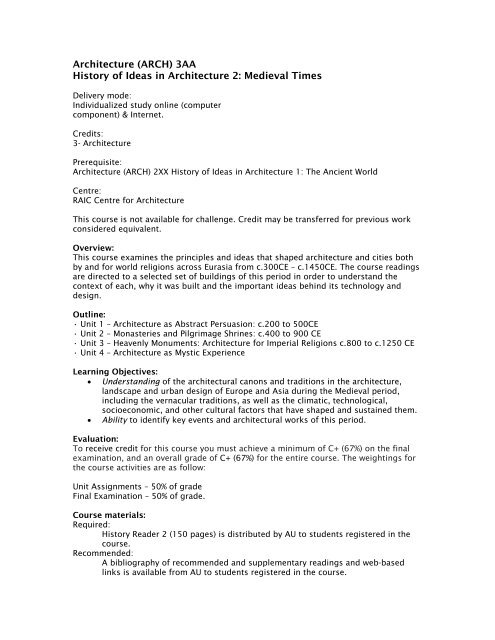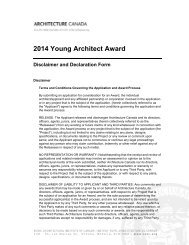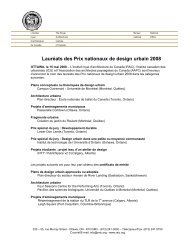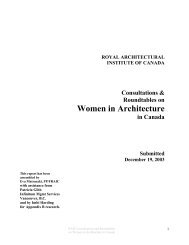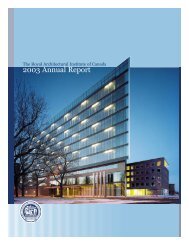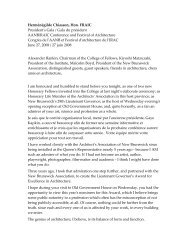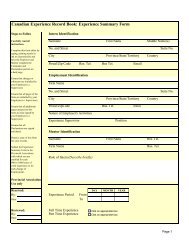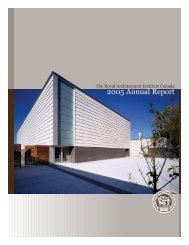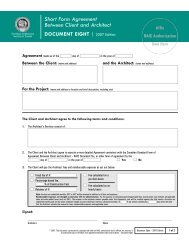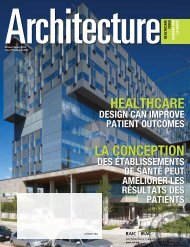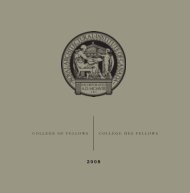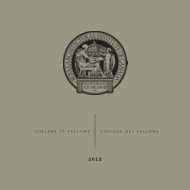Philosophy (PHIL) 252 Critical Thinking (Revision 7)
Philosophy (PHIL) 252 Critical Thinking (Revision 7)
Philosophy (PHIL) 252 Critical Thinking (Revision 7)
You also want an ePaper? Increase the reach of your titles
YUMPU automatically turns print PDFs into web optimized ePapers that Google loves.
Architecture (ARCH) 3AA<br />
History of Ideas in Architecture 2: Medieval Times<br />
Delivery mode:<br />
Individualized study online (computer<br />
component) & Internet.<br />
Credits:<br />
3- Architecture<br />
Prerequisite:<br />
Architecture (ARCH) 2XX History of Ideas in Architecture 1: The Ancient World<br />
Centre:<br />
RAIC Centre for Architecture<br />
This course is not available for challenge. Credit may be transferred for previous work<br />
considered equivalent.<br />
Overview:<br />
This course examines the principles and ideas that shaped architecture and cities both<br />
by and for world religions across Eurasia from c.300CE – c.1450CE. The course readings<br />
are directed to a selected set of buildings of this period in order to understand the<br />
context of each, why it was built and the important ideas behind its technology and<br />
design.<br />
Outline:<br />
• Unit 1 – Architecture as Abstract Persuasion: c.200 to 500CE<br />
• Unit 2 – Monasteries and Pilgrimage Shrines: c.400 to 900 CE<br />
• Unit 3 – Heavenly Monuments: Architecture for Imperial Religions c.800 to c.1250 CE<br />
• Unit 4 – Architecture as Mystic Experience<br />
Learning Objectives:<br />
• Understanding of the architectural canons and traditions in the architecture,<br />
landscape and urban design of Europe and Asia during the Medieval period,<br />
including the vernacular traditions, as well as the climatic, technological,<br />
socioeconomic, and other cultural factors that have shaped and sustained them.<br />
• Ability to identify key events and architectural works of this period.<br />
Evaluation:<br />
To receive credit for this course you must achieve a minimum of C+ (67%) on the final<br />
examination, and an overall grade of C+ (67%) for the entire course. The weightings for<br />
the course activities are as follow:<br />
Unit Assignments – 50% of grade<br />
Final Examination – 50% of grade.<br />
Course materials:<br />
Required:<br />
History Reader 2 (150 pages) is distributed by AU to students registered in the<br />
course.<br />
Recommended:<br />
A bibliography of recommended and supplementary readings and web-based<br />
links is available from AU to students registered in the course.


